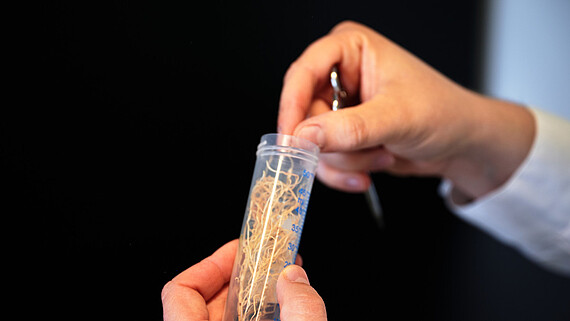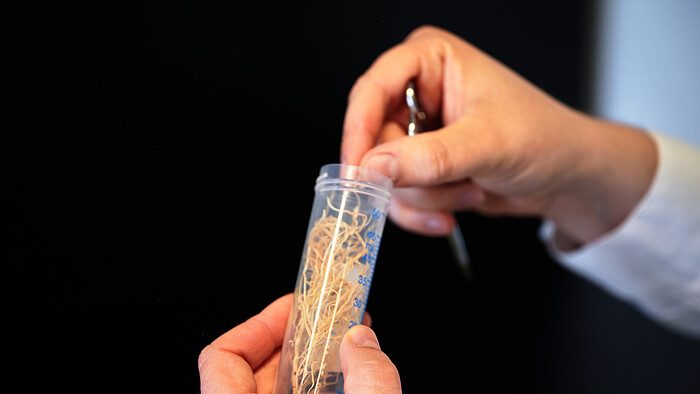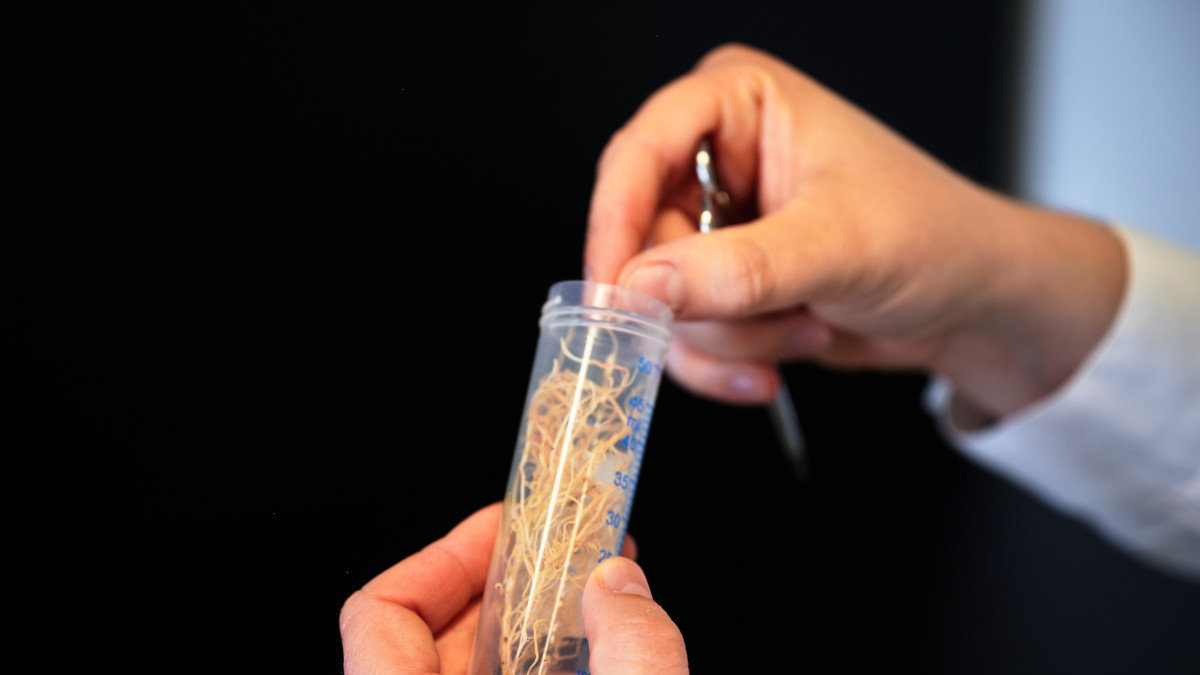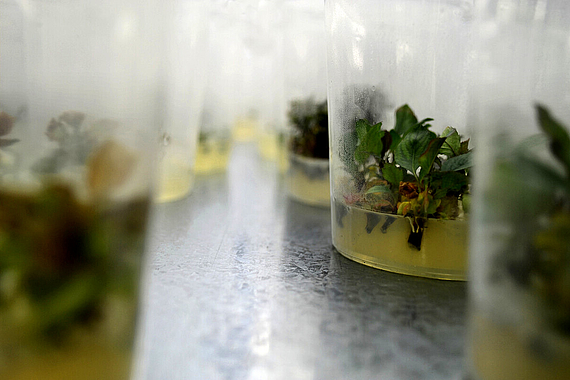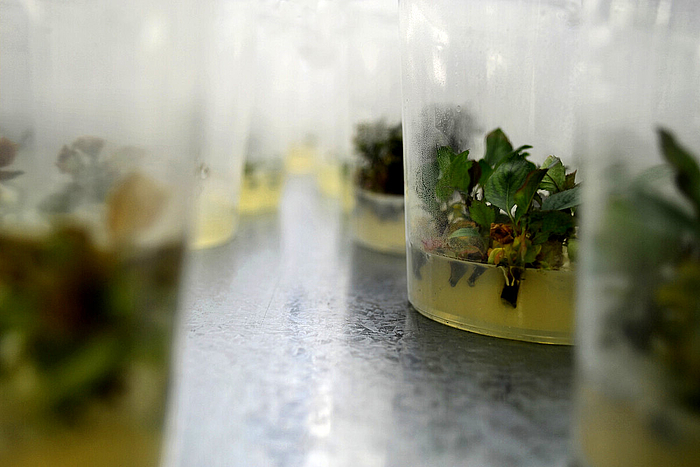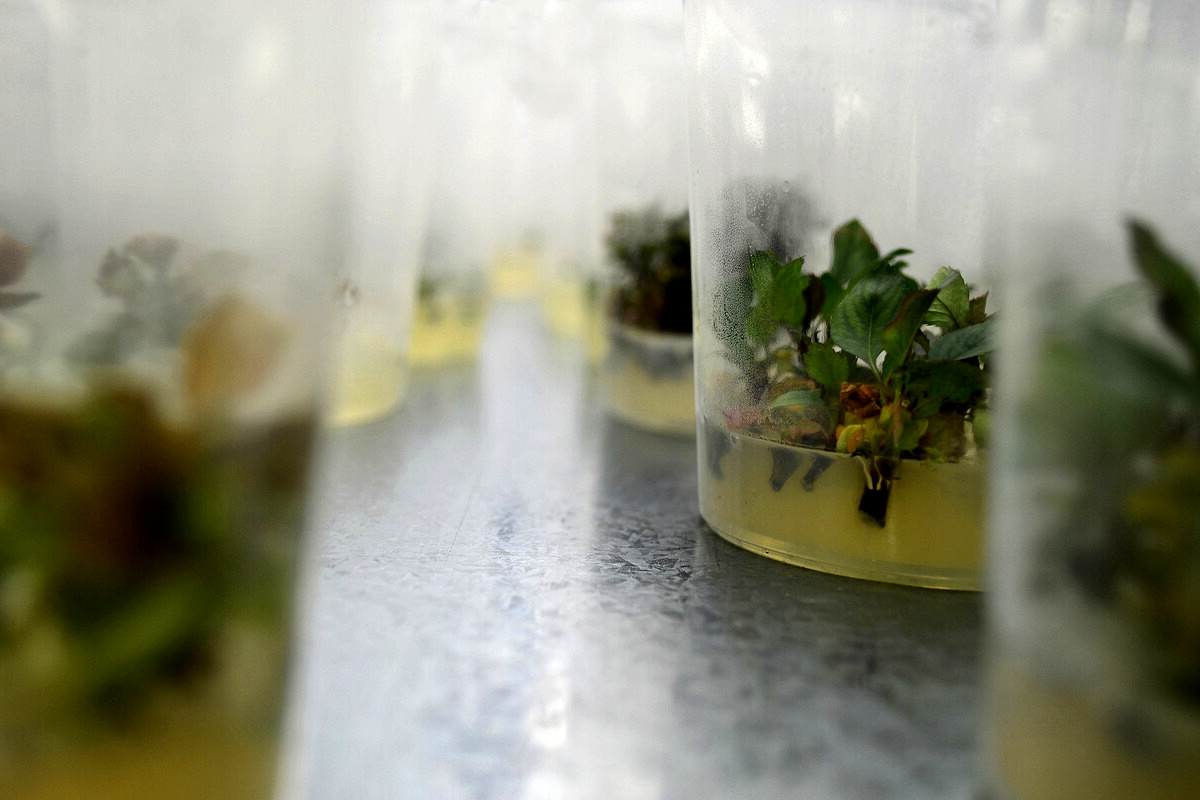23.05.2023
Plant biotechnology
We offer bachelor's and master's theses for all degree programmes in which we are involved. The theses are closely oriented to our current research topics, such as
- Genome Editing with TALEN und CRISPR (Boch group),
- TALEs as virulence factors of plant pathogenic bacteria (Boch group)
- Wolffia australiana or microalgae as production systems for pharmaceutically relevant proteins (Reinard group)
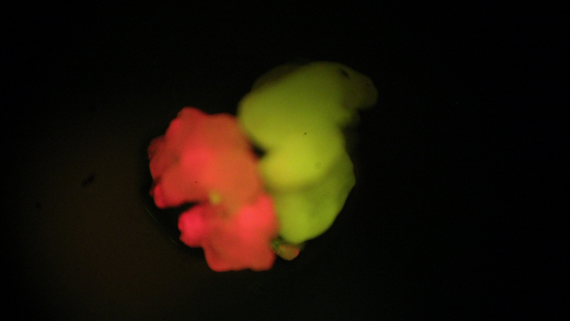
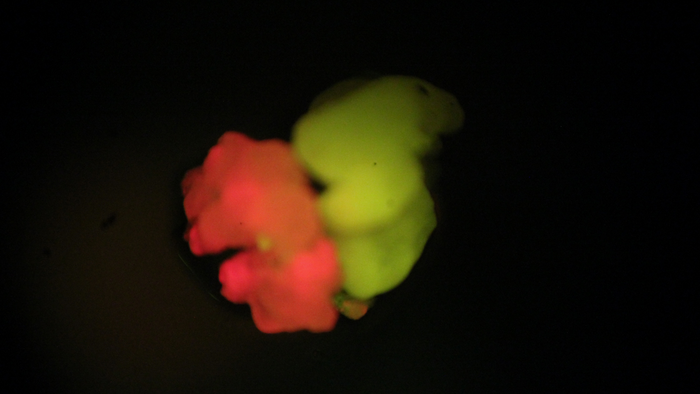
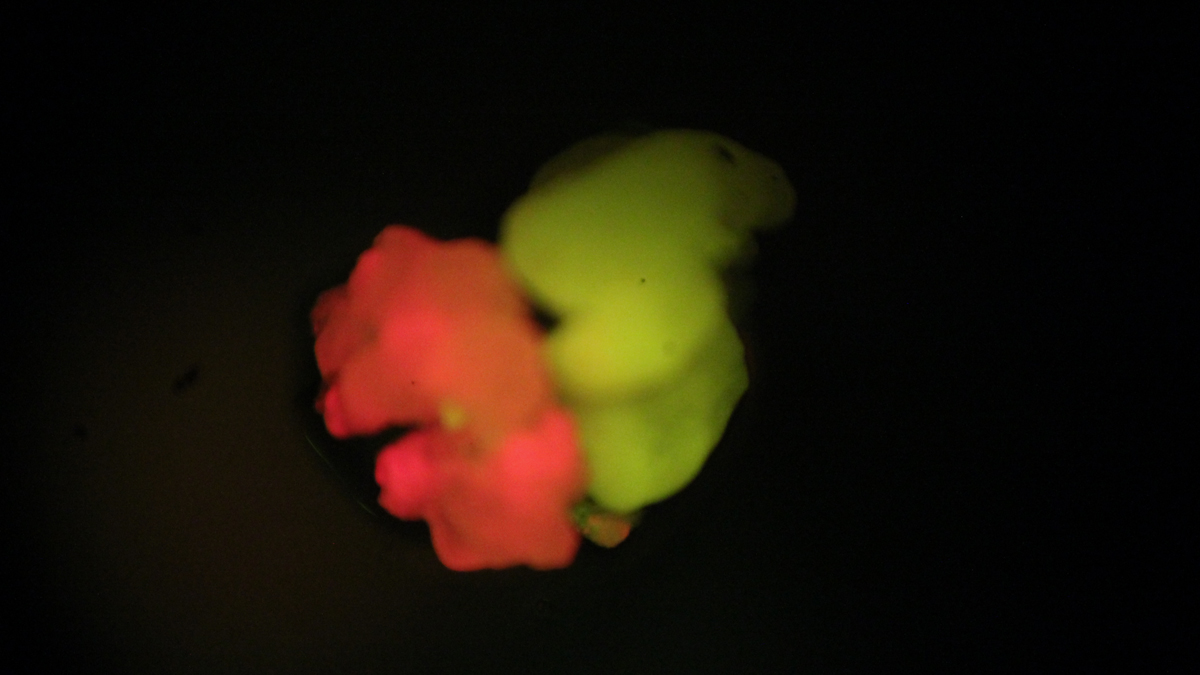
Plant genomics
We offer master's thesis topics based on our current research interests in arbuscular mycorrhizae. Traditionally, our topics include cloning of reporter gene fusions and knockdown/knockout constructs. The intent of the latter is to use RNA interference or CRISPR/Cas to down-regulate or knockout the expression of candidate genes. The constructs are expressed in transgenic Medicago truncatula roots, which are subsequently analyzed transcriptionally, histologically, and phenotypically. The aim of the work is the elucidation of the function of selected genes for the formation of an arbuscular mycorrhizal symbiosis.
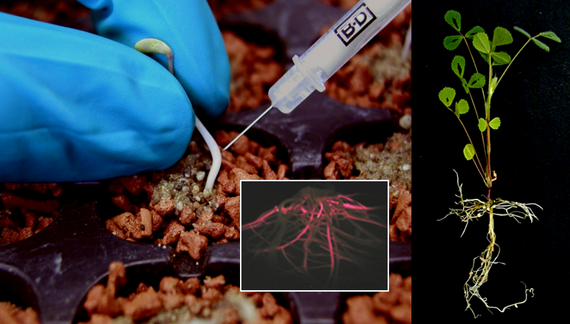
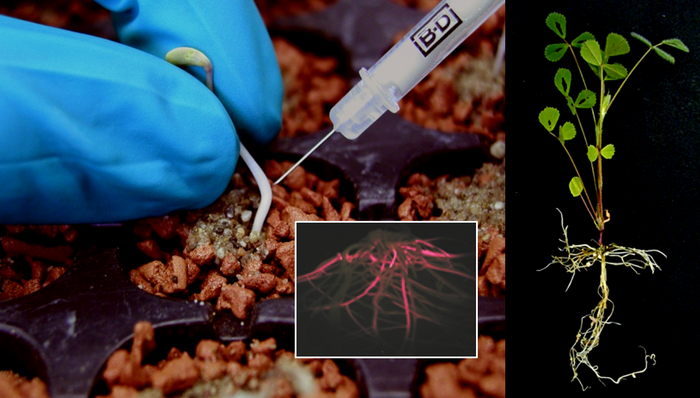
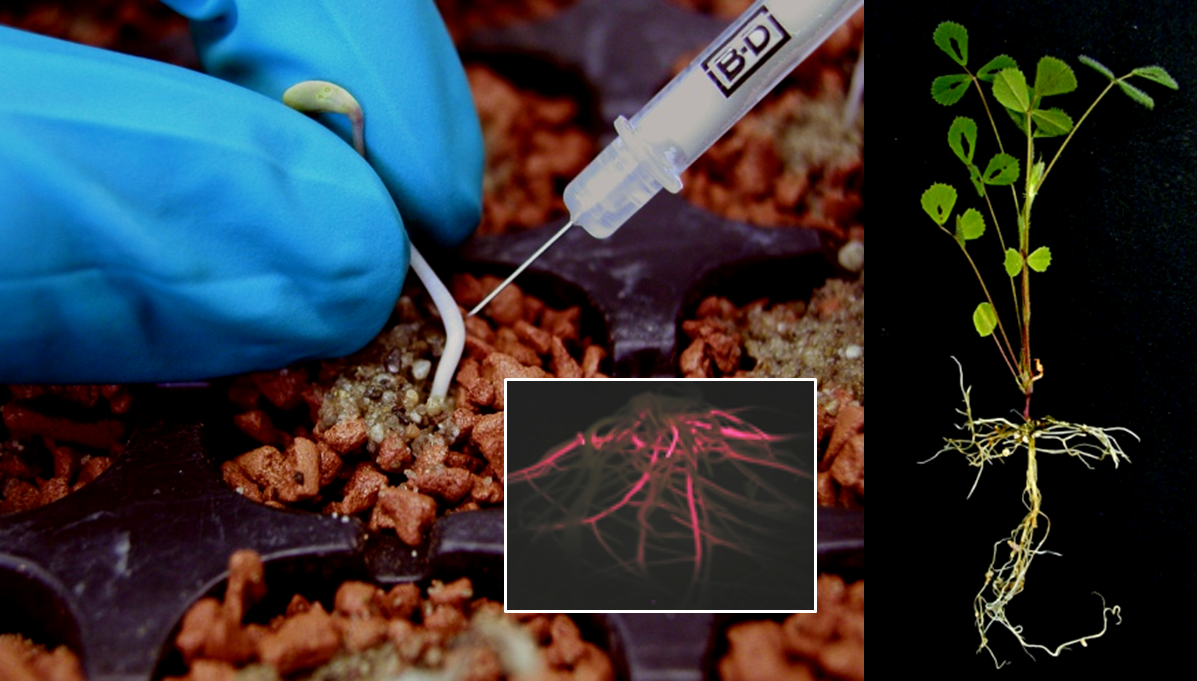
Reproduction and development
-
Topics for Bachelor theses
- Analyses on the regeneration of Ri roses from hairy roots
- Validation of a molecular marker for hairy root formation of roses
- In vitro propagation of cultivated blueberries (Vaccinium corymbosum L.) in temporary immersion systems
- Development of a transformation protocol using Rhizobium rhizogenes in potato (Solanum tuberosum)
- Response of tomato (Solanum lycopersicum) to osmotic stress in vitro
- In vitro establishment and propagation of liquorice (Glycyrrhiza sp.)
-
Topics for Master theses
- Studies on the anatomy and stress reactions of Rhododendron of different ploidy levels
- Optimisation of the induction of ‘hairy roots’ with Rhizobium rhizogenes in roses and studies on the regeneration of Ri plants
- Functional characterisation of the effect of the Sag9 gene in adventitious root formation in roses
- Crosses of different rose genotypes for breeding rootstocks tolerant to post-harvest diseases
